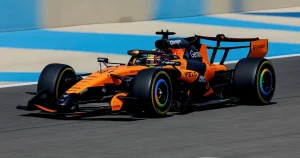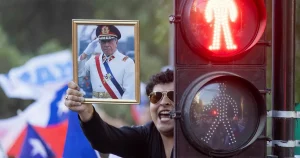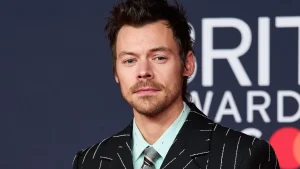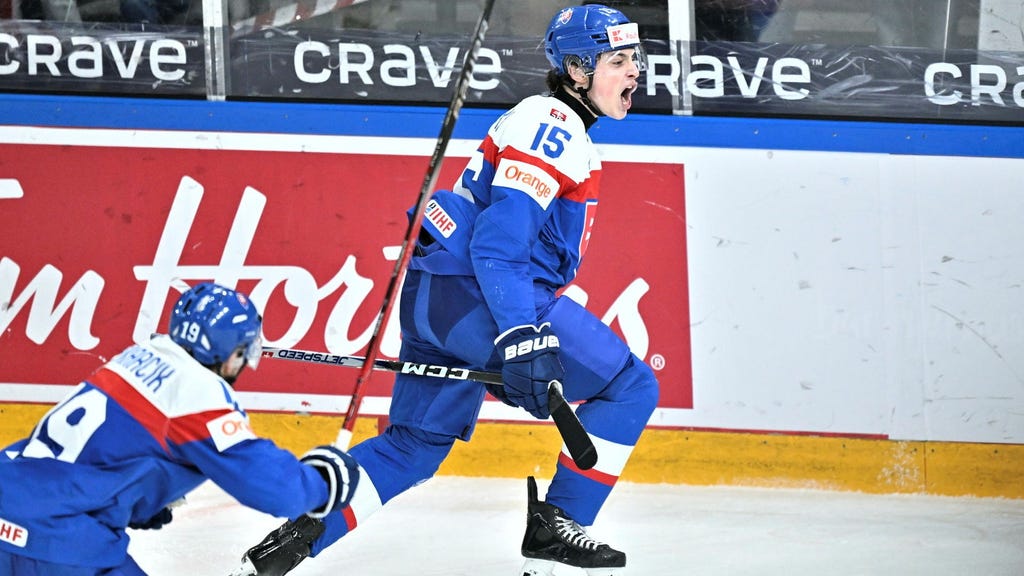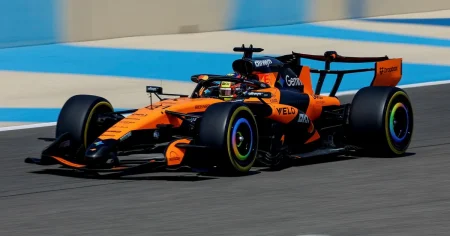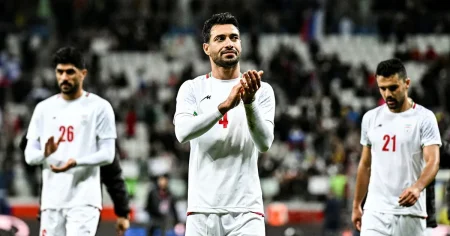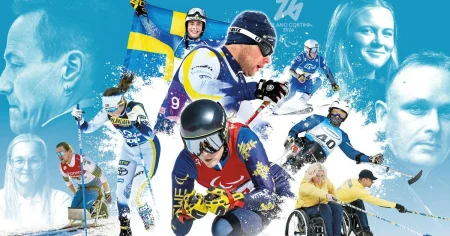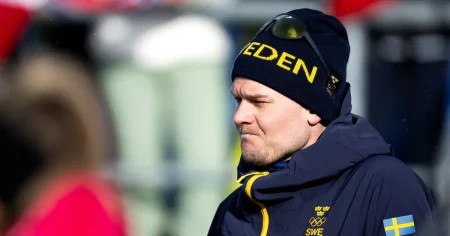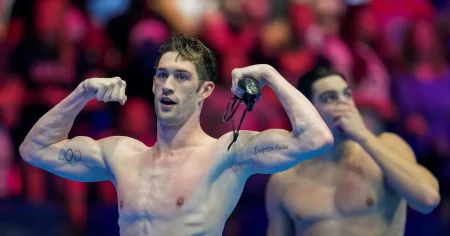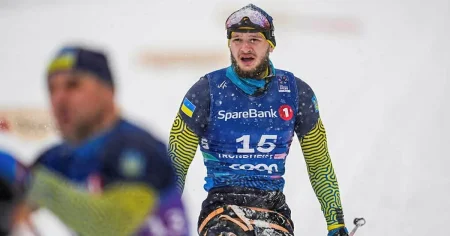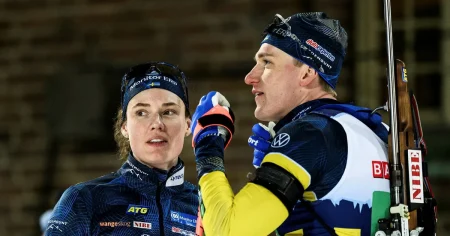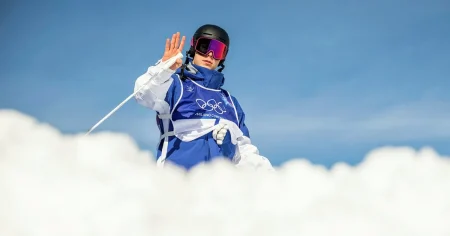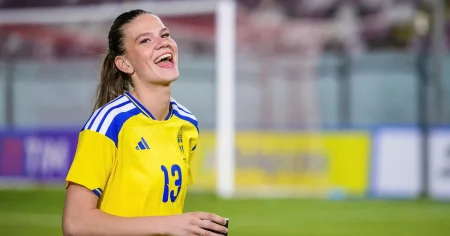The 2023 World Junior Ice Hockey Championship kicks off in Ottawa on Boxing Day, with Sweden facing Slovakia in the tournament’s opening game. Swedish coach Magnus Hävelid acknowledges the unique pressure of the first game, noting the numerous elements that must align for a successful start. Sweden’s remaining group stage opponents are Kazakhstan, Switzerland, and the Czech Republic, ensuring a challenging path even before the potential quarterfinal clashes against North American teams or arch-rival Finland.
Slovakia poses a significant initial threat, having nearly upset Finland in the quarterfinals of the previous World Juniors. Their roster features talented young players, including 19-year-old Dalibor Dvorsky, participating in his fourth World Juniors. Dvorsky’s participation was initially uncertain due to his commitments with the NHL’s St. Louis Blues and their AHL affiliate, the Springfield Thunderbirds. However, the Blues ultimately granted him permission to play, a crucial decision for Slovakia. Dvorsky’s experience in the Swedish Hockey League (SHL) and the Canadian Hockey League (OHL) adds valuable depth and leadership to the Slovakian team, as evidenced by his captaincy appointment. While Dvorsky is a standout talent, Slovakia boasts other skilled players and a strong national pride, which fuels their consistently competitive performances.
Sweden’s second group stage game pits them against Kazakhstan, a newcomer to the top tier of the World Juniors. Hävelid anticipates a well-organized Kazakh team, drawing comparisons to the structured style of Belarus, both influenced by the Russian hockey school. Following Kazakhstan, Sweden will face Switzerland, a team that has historically challenged them. Last year’s quarterfinal clash between the two nations was a nail-biter, with Sweden securing a narrow overtime victory. Hävelid anticipates an even tougher challenge this year, recognizing the improvements in the Swiss roster.
The final group stage game for Sweden will be against the Czech Republic on New Year’s Eve. This match-up evokes memories of last year’s semifinal, where Sweden emerged victorious after a dominant third period. Hävelid notes a resurgence in Czech hockey, highlighting their recent gold medal win against Sweden in the men’s World Championship. He attributes their renewed confidence to a strategic regrouping and the development of their players competing in leagues around the world. The Czech Republic’s improved performance makes them a formidable opponent for Sweden in their final group stage encounter.
Sweden’s group stage schedule poses a variety of challenges. Slovakia’s national pride and emerging talent, particularly Dvorsky, present a tough opening test. Kazakhstan’s disciplined play, reminiscent of the Russian hockey style, requires strategic preparation. Switzerland, having pushed Sweden to overtime last year, now boasts an even stronger roster. Finally, the resurgent Czech Republic, riding high from their World Championship victory, promises a difficult final game in the group stage.
Ultimately, Sweden’s success in the group stage hinges on their ability to adapt to each opponent’s unique strengths. Navigating these challenges will be crucial for advancing deep into the tournament and contending for a medal. The varied styles of play and the level of competition within their group ensure that Sweden will be thoroughly tested before the knockout stages begin, making for a captivating start to the World Juniors.


